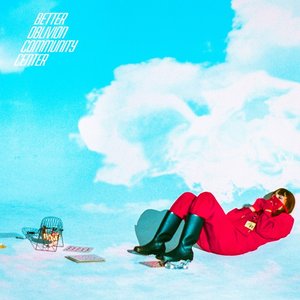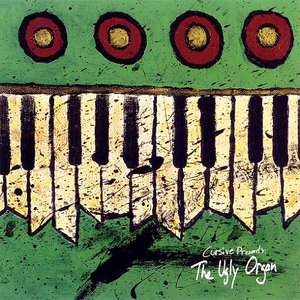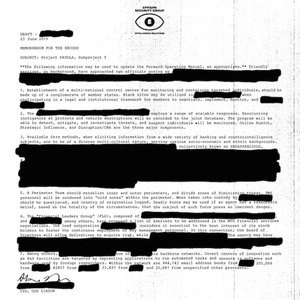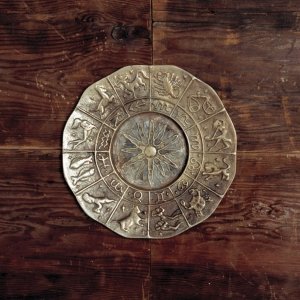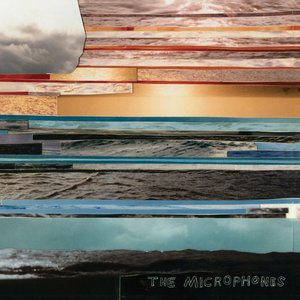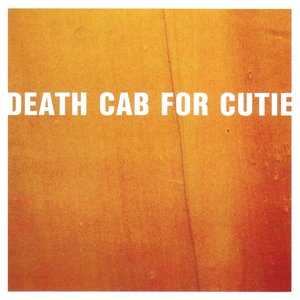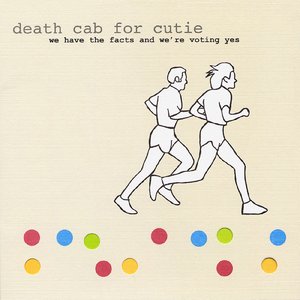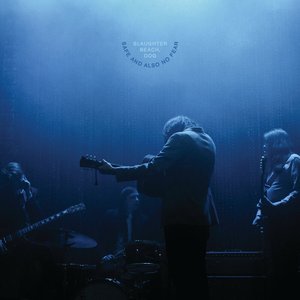Lyrics
Did you expect it all to stop
At the wave of your hand?
Like the sun's just gonna drop
If it's night you demand
Well, in the dark we're just air
So the house might dissolve
Once we're gone, who's gonna care
If we were ever here at all?
Well, summer's gonna come
It's gonna cloud our eyes again
No need to focus when there's
Nothing that's worth seeing
So we trade for liquor for blood
In an attempt to tip the scales
I think you lost what you loved
In that mess of details
They seemed so important at the time
Now you can't even recall
Any names, faces, or lines
It's more the feeling of it all
Well, winter's gonna end
I'm gonna clean these veins again
So close to dying that I finally can start living
Interviewer: Hi, we're back. This is Radio ---x. We're here with Conor Oberst of the band Bright Eyes. How are you doing, Conor?
Conor: Fine, thanks. Just a little wet
Interviewer: Oh, it's still coming down out there
Conor: Yeah, I sorta had to run from the car
Interviewer: Well, we are glad you made it. Now, your new album, Fevers and Mirrors, tell us a little bit about the title. I noticed there is a good deal of repeated imagery in the lyrics—fevers, mirrors, scales, clocks. Could you discuss some of this?
Conor: Sure, let's see. The fever is—
Interviewer: First, first, let me say that this is a brilliant record, man. We're really into it here at the station. We get a lot of calls it's really good stuff
Conor: Thanks. Thanks a lot
Interviewer: So, talk a little bit about some of the symbolism
Conor: The fever?
Interviewer: Sure
Conor: Well, the fever is basically whatever ails you or oppresses you. It can be anything. In my case it's my neurosis, my depression... but I don't want to be limited to that. It's certainly different for different people. It's whatever keeps you up at night
Interviewer: I see
Conor: And the—and the mirror is like, as you might have guessed, self examination or reflection in whatever form. This could be vanity or self-loathing. I-I know I'm guilty of both
Interviewer: That's interesting. Uh, how 'bout the scale?
Conor: The scale is essentially our attempt to solve our problems quantitatively, through logic or rationalization. In my opinion it's often fruitless but, always—ah, not always. And the clocks and calendars, it's just time, our little measurements. It's always chasing after us
Interviewer: It is, it is. Uh, how 'bout this Arienette? How does she fit into all of this?
Conor: I prefer not to talk about it, in case she's listening
Interviewer: Oh, I'm sorry, I didn't realize she's a real person
Conor: She's not. I made her up
Interviewer: Oh, so she's not real
Conor: Just as real as you or I
Interviewer: I don't think I understand
Conor: Neither do I, but after I grow up, I will, I mean—a lot—a lot of things are really unclear for me right now
Interviewer: That's interesting. Now, you mentioned your depression
Conor: No I didn't
Interviewer: You're from Nebraska right?
Conor: Yeah so
Interviewer: Now let me know if I'm getting too personal, but it seems to me that there's a pretty dark past back there somewhere. What was it like for you growing up?
Conor: Dark. Not really. Uh-actually, I had a great childhood. My parents were wonderful, I went to Catholic school. They had money so it was all... easy. But basically, I had everything I wanted handed to me
Interviewer: Really. So some of the references like babies in bathtubs are not biographical?
Conor: Well, I did have a brother that died in a bathtub. Drowned. Actually, I had five brothers that died that way
Interviewer: Tahuh
Conor: No, I'm serious. My mother drowned one every year for five consecutive years. They were all named Padraic, so that's-they all got one song
Interviewer: Hm
Conor: It's kind of like walking out a door and discovering it's a window
Interviewer: But your music is certainly very personal
Conor: Of course. I put a lot of myself into what I do. But it's like, being an author, you have to free yourself to use symbolism and allegory to reach your goal. And a-and a part of that is compassion, empathy for other people, and understanding their situations. So much of what I sing about comes from other people's experiences as well as my own. It shouldn't matter. The message is intended to be universal
Interviewer: I see what you mean
Conor: Can you make that sound stop please?
Interviewer: Yes. And your goal?
Conor: I don't know. Uh, create feelings, I guess. A song it never ends up the way you plan it
Interviewer: That's funny you would say that. Do you think that—
Conor: Do you ever hear things that aren't really there?
Interviewer: I'm sorry, what?
Conor: Nevermind. How long have you worked at this station?
Interviewer: Oh, just a few minutes. Now, you mentioned empathy for others. Would you say that that is what motivates you to make the music you make?
Conor: No, not really. It's really just a need for sympathy. I want people to feel sorry for me. I like to feel the burn of the audience's eyes on me when I'm whispering all my darkest secrets into the microphone
(From the side, two teenage thugs start swearing about the music, talking over the conversation.)
Conor: When I was a kid I used to carry around this safety pin everywhere I went in my pocket and when people weren't paying enough attention to me I'd dig it into my arm until I started crying. Everyone would stop what they were doing and ask me what was the matter I guess I kind of liked that
Interviewer: Really you're telling me you're doing all this for attention?
Conor: No I hate it when people look at me I get nauseous. In fact I could care less what people think about me. Do you feel alright? Do you wanna dance?
Interviewer: No I'm feeling sick
Conor: I really just want to be warm yellow light that pours all over everyone I love
Interviewer: So uh you're going to play something for us now. Is this a new song?
Conor: Yeah but I haven't written it yet It's one I've been meaning to write called "A Song to Pass the Time."
Interviewer: Oh, that's a nice title
Conor: You should write your own scripts
Interviewer: Yeah I know
(Conor says from the side, "I kept singing today—It would be eeeeasyyy...")



